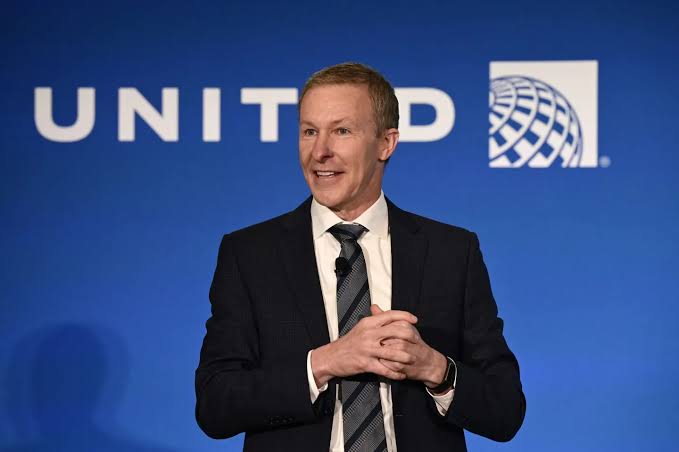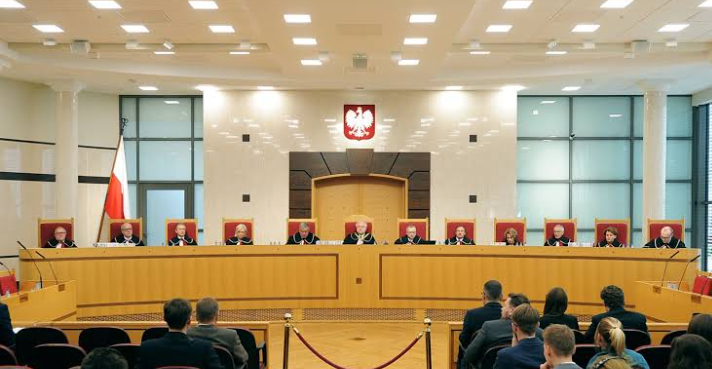Former United Airlines CEO Scott Kirby Admits Past Mistakes, Issues Sincere Apology
Former United Airlines CEO Scott Kirby Admits Past Mistakes, Issues Sincere Apology
A Candid Reflection on Leadership and Challenges
Scott Kirby, the former CEO of United Airlines, has made a rare and honest admission about the challenges and mistakes he faced during his tenure at the airline. In a public statement, Kirby expressed deep regret over certain decisions made under his leadership and acknowledged the impact they had on employees, customers, and the airline’s overall reputation. His candid remarks come at a time when corporate accountability and transparency are more critical than ever in the aviation industry.
Owning Up to the Past
During his leadership, Kirby oversaw significant transformations at United Airlines, including its response to the COVID-19 pandemic, operational challenges, and customer service policies. While he was often praised for his strategic decision-making, his tenure was not without controversy.
In his apology, Kirby admitted that some of his decisions may not have always prioritized the well-being of employees and passengers as much as they should have. “Leadership comes with difficult choices, and while I always aimed to do what was best for United Airlines, I now recognize that certain decisions led to unintended consequences,” he stated.
He specifically addressed concerns about flight cancellations, staffing shortages, and certain customer service policies that sparked backlash. “There were moments where we could have communicated better, planned more effectively, and listened more to those on the front lines of our airline,” Kirby said.
Key Mistakes and Lessons Learned
One of the most significant criticisms during Kirby’s time as CEO was the airline’s handling of operational disruptions. United Airlines, like many other carriers, faced unprecedented turbulence during the pandemic, with thousands of flights canceled due to staffing shortages and logistical challenges. While some of these issues were unavoidable, critics argue that the airline could have been better prepared to mitigate the fallout.
Kirby admitted that United’s handling of flight disruptions left many passengers frustrated. “When you’re leading an airline, you have to make tough calls, but you also have to put yourself in the shoes of your customers,” he said. “I wish we had done more to ease the burden on travelers during those difficult times.”
Another key issue was the treatment of United Airlines employees, particularly pilots, flight attendants, and ground staff. During a time of financial uncertainty, many workers faced job cuts, pay reductions, and challenging working conditions. Kirby acknowledged that, in hindsight, more could have been done to support employees. “The backbone of any airline is its people. I should have done more to ensure that our team felt valued and heard,” he admitted.
A Pledge for Better Leadership in the Industry
Despite stepping down as CEO, Kirby remains a respected figure in the aviation industry. His apology and acknowledgment of past mistakes have been seen as a step toward greater accountability in corporate leadership.
“I hope my experience serves as a lesson for future leaders—not just in aviation, but in all industries,” Kirby said. “It’s important to listen, to be proactive rather than reactive, and to always remember that businesses thrive when their employees and customers are treated with respect and dignity.”
Kirby’s admission has sparked mixed reactions. Some industry insiders have praised his honesty, noting that few CEOs publicly acknowledge their missteps. Others, however, argue that apologies mean little without concrete action. Critics believe that while acknowledging mistakes is commendable, real change must come from within the airline industry as a whole.
The Future of United Airlines
Since Kirby’s departure, United Airlines has continued to work on improving its operations, customer service, and employee relations. The airline has made efforts to address staffing shortages, implement new customer-friendly policies, and invest in more sustainable aviation practices.
Kirby’s apology may serve as a catalyst for continued reforms within United Airlines and beyond. His admission of past mistakes highlights the challenges of leading a major airline and underscores the importance of prioritizing people over profits.
As United Airlines moves forward, the lessons from Kirby’s tenure will likely shape the company’s approach to leadership, customer service, and corporate responsibility. Whether his apology leads to lasting change remains to be seen, but one thing is clear: accountability in the aviation industry is more important than ever.







